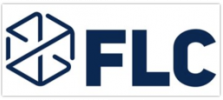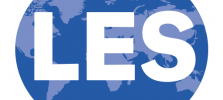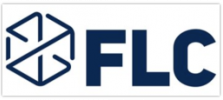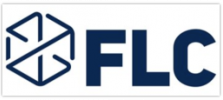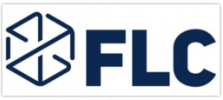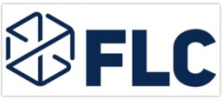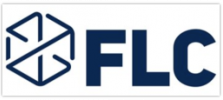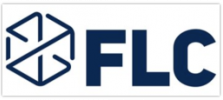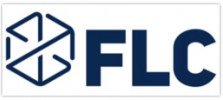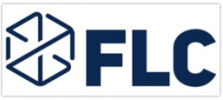Targeted Treatments for Chronic and Painful Diseases
The researchers have developed a group of compounds useful in treating a wide variety of diseases, many of which are chronic and painful for those afflicted. These compounds, known as adenosine A3 receptor agonists, are small molecules that bind to adenosine A3 receptor and induce their biological activity. The adenosine A3 receptors are embedded in cell surfaces and are important for communicating the need for a cell to initiate activity in response to adenosine detected outside the cell. Adenosine is important in the body’s response to chronic or acute tissue stress or cell damage.

